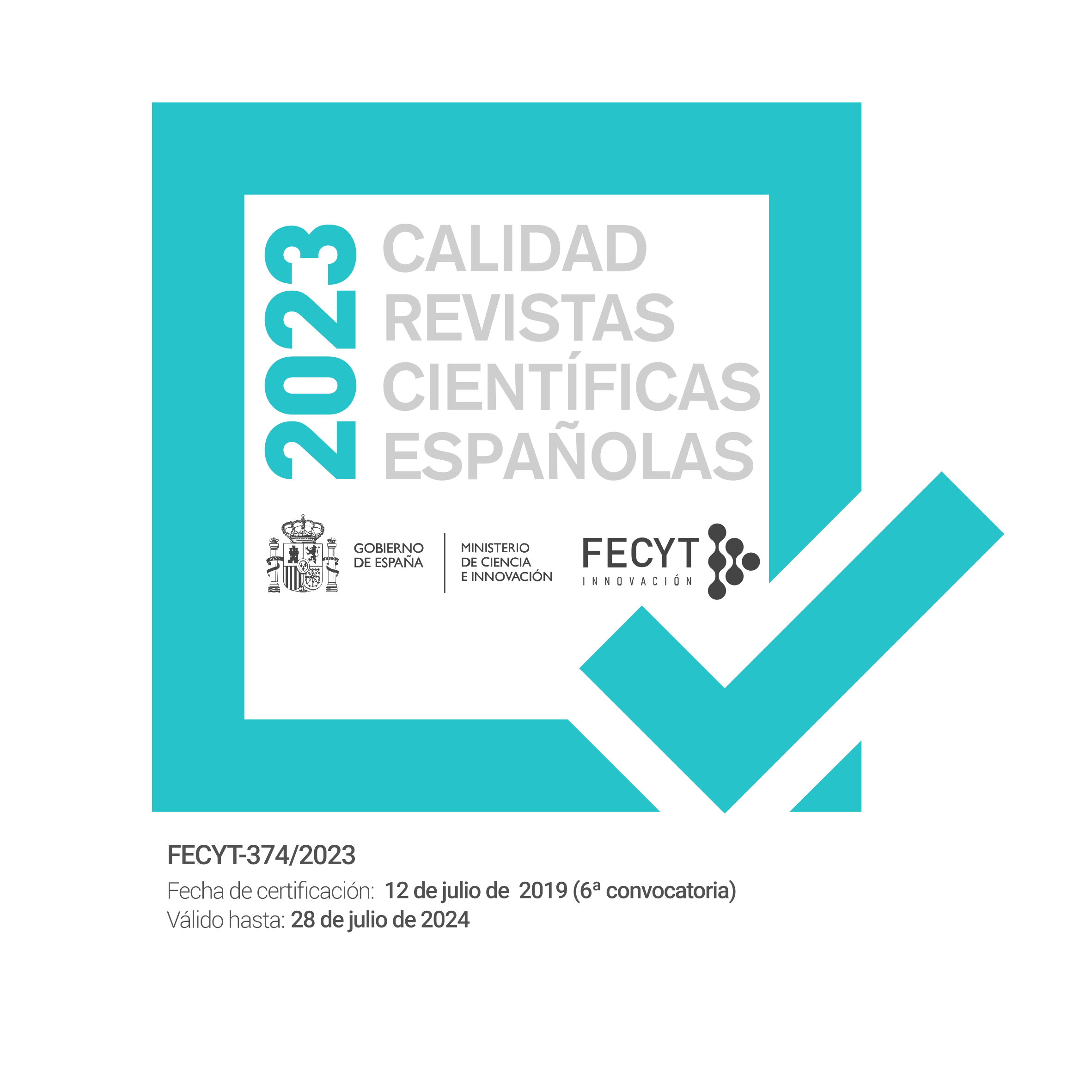The role of higher education institutions and support entities in creating open technological solutions for language learning by refugees and migrants
Keywords:
Higher education institutions, support entities, language learning, MOOCAbstract
This paper discusses the ways in which support entities and higher education institutions can collaborate in order to help refugees become integrated in the host society, notably Spanish society. While support entities play a crucial role at the early stages by providing refugees with aid addressing some of their most basic needs, these early interventions often serve as a springboard for the later access of refugees to higher education.
While there are abundant volunteering efforts, mostly revolving around the work done by support entities, the aid coming from institutional agents is far from sufficient. This should not be put down to a lack of compromise from such institutions but rather to the difficulties involved in setting the bureaucratic machinery in motion.
On the other hand, an example of how research groups at universities can help refugees and migrants is that of the MOOCS created in the context of the MOONLITE project, which have obtained official recognition by the UNED. In this way, before actually obtaining access to tertiary degrees, refugees can reap benefits from their efforts to learn the language by receiving an official certification for the MOOCS completed.
Downloads
References
Cobo Espejo, Alfonso Carlos. 2019. “El español, la Llave de la Integración del Migrante”. Revista Archiletras, NA.
Dam, Rikke and Teo Siangfind. 2017 “Stage 4 in the Design Thinking Process: Prototype”. Interaction Design Foundation https://www.interaction-design.org/literature/article/stage-4-in-the-design-thinking-process-prototype [accessed 17 May 2018]. España. Constitución Española. Boletín Oficial del Estado, 29 de diciembre de 1978, núm. 311.
España. Real Decreto 557/2011, de 20 de abril, por el que se aprueba el Reglamento de la Ley Orgánica 4/2000, sobre derechos y libertades de los extranjeros en España y su integración social, tras su reforma por Ley Orgánica 2/2009. Boletín Oficial del Estado. Núm. 103, de 30 de abril de 2011. Referencia: BOE-A-2011-7703.
Goodman, Allan. 2016. “Three Ways Higher Education can Respond to the Syrian Refugee Crisis”. Education plus Development https://www.brookings.edu/blog/education-plus-development/2016/05/13/three-ways-higher-education-can-respond-to-the-syrian-refugee-crisis/ [accessed 10 May 2018].
González Blasco, Marisa. 2007. “La Formación de los Profesores de Español como Segunda Lengua para Inmigrantes: Perspectivas para Revisar los Programas e Introducir Mejoras Cualitativas. Actas ASELE XVIII. 606-610.
Hillson, David. 2017. “Everybody Likes Brainstorming, but… Online Brief”: http://www.risk-doctor.com/pdf-briefings/riskdoctor-32e.pdf [accessed 16 May 2018].
Laborde. 2016. “Un Año de Refugiados Fuera de las Aulas”. El País, 3 October 2016: https://politica.elpais.com/politica/2016/09/15/actualidad/1473961969_070465.html [accessed 11 May 2018].
Llorente Puerta, Mª Jesús. 2018. “25 Años del Español (L2) para
Inmigrantes”. Boletín de la Asociación para la Enseñanza del Español como
Lengua Extranjera, 58. 43-64.
Loo, Bryce, Bernhard Streitwieser & Jisun Jeong. 2018. “Higher Education’s Role in National Refugee Integration: Four Cases”. WENR: World Education. News + Reviews. https://wenr.wes.org/2018/02/higher-educations-role-national-refugee-integration-four-cases [accessed 7 May 2018].
Marrero, Luz . 2016. “Matrículas Universitarias Gratuitas para Refugiados”. DespiertaInfo.com http://www.despiertainfo.com/2016/05/12/matriculas-universitarias-gratuitas-para-refugiados/ [accessed 5 May 2018].
Ministerio de Trabajo, Migraciones y Seguridad Social. 2018. Sistema de acogida de protección internacional – Manual de gestión: http://extranjeros.mitramiss.gob.es/es/Subvenciones/AreaIntegracion/proteccion_internacional/sociosanitaria_cetis_2019/documentos/Manual__gestion.pdf [accessed 12 May 2021].
Miquel López, Lourdes. 1995. “Reflexiones Previas sobre la Enseñanza de ELE a Inmigrantes y Refugiados”. Didáctica Lengua y Literatura 7. Madrid: Servicio de Publicaciones UCM. 241-254.
Parliamentary Assembly. 2006. Recommendation 1174, art.7. Origin - Text adopted by the Standing Committee, acting on behalf of the Assembly, on 17 November 2006 (see Doc. 11083, report of the Committee on Migration, Refugees and Population, rapporteur: Mr. Gülçiçek, and Doc. 11097, opinion of the Social, Health and Family Affairs Committee, rapporteur: Mrs. Pehlivan).
Piera Ansuátegui, Carlos. 2018. “Acogida e Integración de Refugiados”. Revista Carta de España 744. http://www.ciudadaniaexterior.mitramiss.gob.es/es/pdf/cartas-de-espana/CDE_744.pdf [accessed 12 May 2021].
Sprangers, Thomas. 2016. “A Simple Design Thinking Approach to Brainstorming. Destination Think!” Blog. https://destinationthink.com/design-thinking-brainstorming/ [accessed 17 May 2018)].
UNESCO. 2017. “Protecting the Right to Education for Refugees”. UNESCO Working Papers on Education Policy. Paris: UNESCO.
Villalba Martínez, Félix and Mª Teresa Hernández García. 2009. “Sobre la Enseñanza del Español como Segunda Lengua (L2) a Inmigrantes y su Relación con el Español como Lengua Extranjera (LE)”. Frecuencia - L: revista de didáctica español como lengua extranjera, 35. 58-65.
VV.AA. 2004. Manifiesto de Santander. La enseñanza de segundas lenguas a inmigrantes y refugiados.
Downloads
Published
How to Cite
Issue
Section
License
Copyright (c) 2021 Lengua y migración

This work is licensed under a Creative Commons Attribution 4.0 International License.




